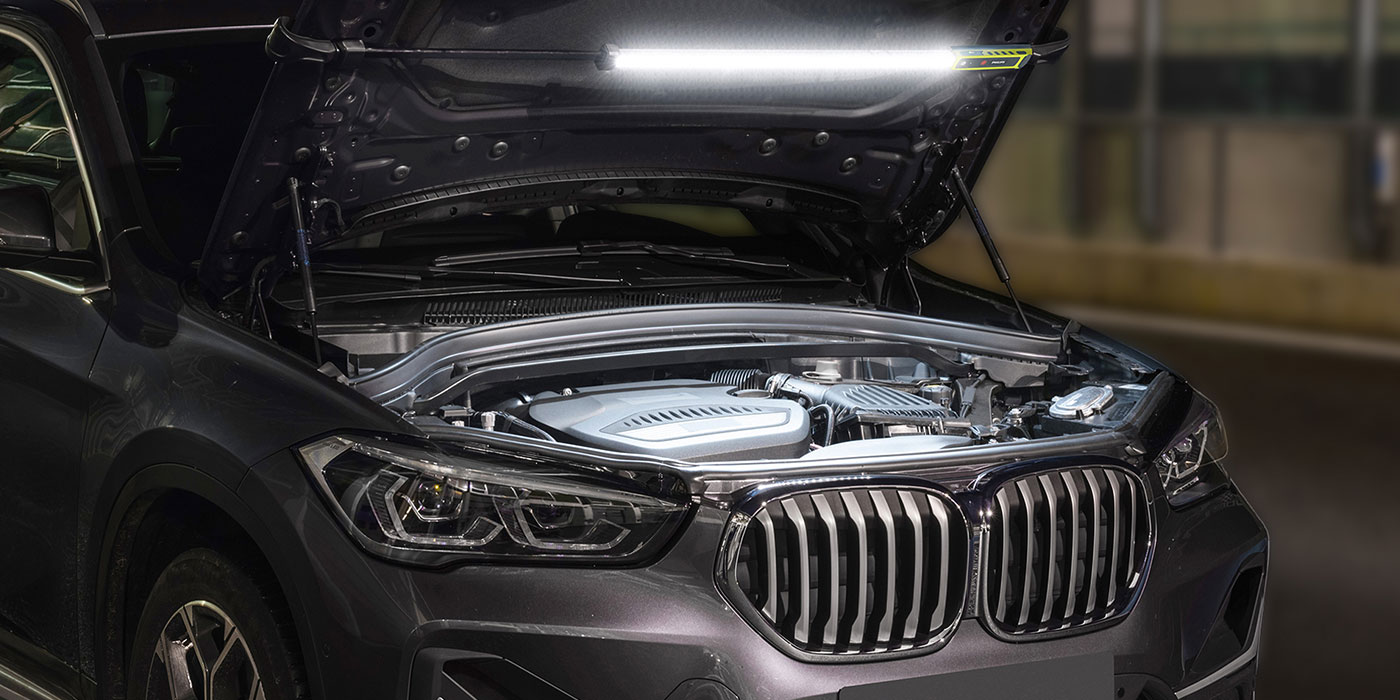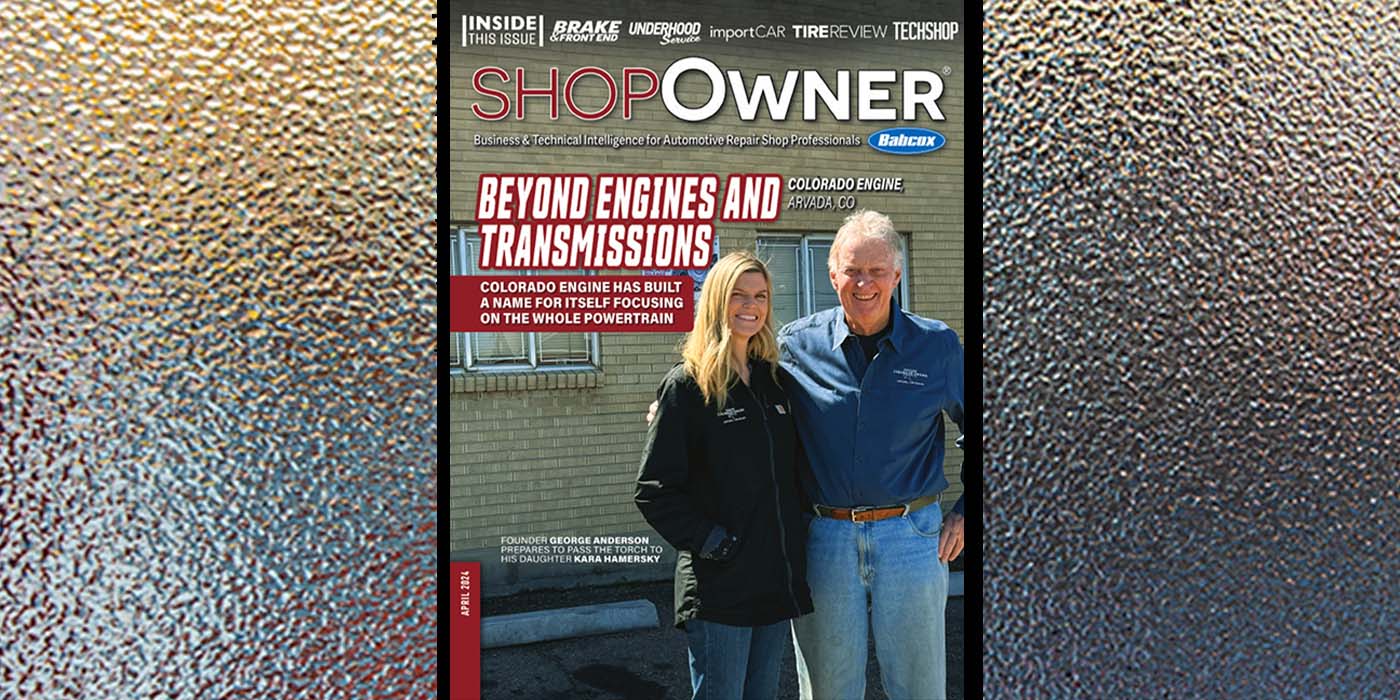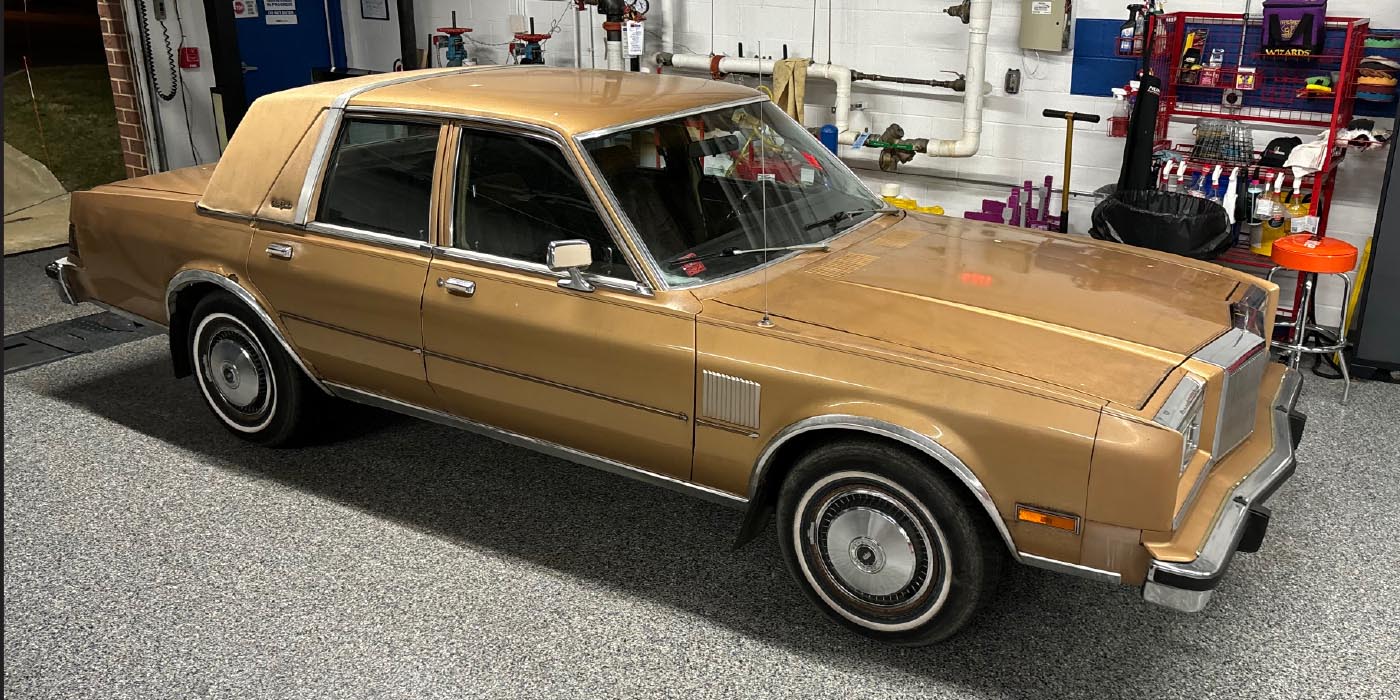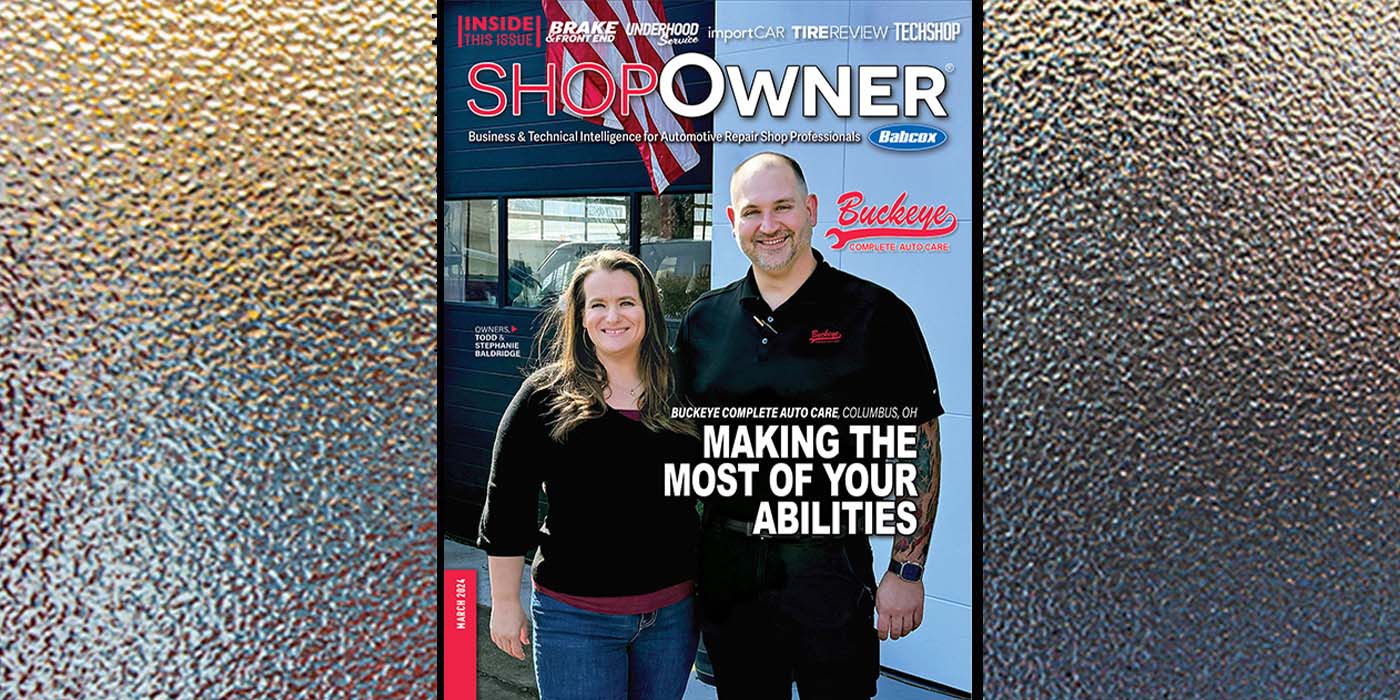As engine technology continues to advance, so do the surface finish requirements for many of today’s gaskets. Some engines today require an almost mirror-like finish on the cylinder head and block deck surfaces to seal the head gasket – which means many machine shops may need to upgrade their surfacing equipment to achieve the smoother finishes.
On older cast iron engines with conventional soft-faced head gaskets, as long as the surface finish on the cylinder head and block deck is roughly 60 to 100 microinches RA (roughness average), the head gasket will cold seal and remain leak-free for the life of the engine. But on late-model bimetal (aluminum head cast iron block) and all-aluminum engines, smoother surface finishes are required for a couple of reasons.
Aluminum expands and contracts at a much higher rate than cast iron as it heats up and cools down. As a result, the head gasket typically requires some type of low friction coating such as Teflon, graphite or moly so it won’t stick to the head and be pulled apart. A smoother surface finish also helps. Most gasket manufacturers now recommend a surface finish of 30 to 60 microinches RA for bimetal and all-aluminum engines with conventional soft-faced head gaskets. And, if the engine has a multi-layer steel (MLS) head gasket, a surface finish of 25 RA or less is typically required because OEM MLS gaskets have very little conformability and require almost a mirror-finish to seal properly.
With performance engines, smoother finishes have also become the norm. Most NASCAR engines today are running MLS gaskets, and the people who are putting these engines together typically want finishes in the low teens or even single digits! That level of smoothness can only be obtained with surfacing equipment that has the rigidity, accuracy and control flexibility to produce an ultra-smooth finish.
Most equipment suppliers say yesterday’s surfacing equipment can’t cut it in today’s world. Older milling machines and grinders usually can’t hold the tight tolerances that are needed to achieve really low RA surface finishes required for MLS head gaskets. Lack of rigidity in the machine itself or fixturing, and play in the travel mechanism, cutter head or spindle can all have an adverse effect on the finish.
In the good old days, it was possible to get a satisfactory surface finish with almost anything that could remove metal whether it was a grinder, carbide flycutter, broach or belt sander. But to achieve the high quality finishes required for today’s engines, it takes a high speed resurfacer to mill cylinder heads and block decks.
In some cases, older grinding equipment can be upgraded and converted to milling by changing the head. But some equipment suppliers say you can’t get the same results using a cutter head in a modified grinder. It’s better to go with a dedicated milling machine. Grinding, though, is still used to resurface diesel cylinder heads with precombustion chambers as well as diesel engine blocks with hard cylinder liners.
Machine shops that do dry milling typically use a single insert cutter head in their milling machine. Multi-insert cutters are faster, but also cost more and are more time-consuming and difficult to set up. So to achieve a really smooth finish with a single insert, it takes a higher cutter head rpm and lower feed rate with a very shallow cut on the final pass (less than 0.001”). With a single insert cutter spinning at 1,000 to 1,500 rpm, the feed rate should probably be less than 2” per minute to achieve a surface finish in the low teens.
Milling machines can use carbide inserts, specially coated carbide, CBN (cubic boron nitride) or PCD (polycrystaline diamond) inserts.
Carbide can be used on aluminum or cast iron, and is the least expensive tooling. However, carbide does not last as long as the more expensive superabrasives such as PCD or CBN.
PCD is generally recommended for milling aluminum. CBN, by comparison, works great on cast iron and can be successfully used to mill aluminum provided some type of lubricant is used. A light coating of soap, wax or WD-40 can prevent the aluminum chips from sticking to the CBN tooling and scratching the surface.
Some machine shops change their tooling back and forth from CBN to PCD depending on what type of head they’re resurfacing (cast iron or aluminum), while others use CBN on everything.
Yes, surface finish requirements are changing so it’s essential heads and blocks be resurfaced with up-to-date equipment. So before you send a head to a machine shop to be resurfaced, ask the shop what kind of surfacing equipment they use and if they can achieve the mirror-like finishes that may be required for some late-model engines.





